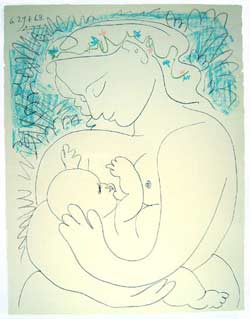APPLICATION OF THE NURSING CARE PROCESS TO SURGICAL PATIENTS - THE SURGICAL INFECTION.
Abstract
We selected 15 care plans elaborated by Medical-Surgical Nursing students of the National University of Mar de Plata (Argentina) during their clinical experience at the surgical unit of the Interzonal Hospital of Acute Patients (HIGA) between 1999, 2000 and 2002. We analysed the Nursing Care Process applied to patients with surgical complications performed by students. Firstly, we took into account the assessment guide, arranged by Gordon's Functional Health Pattern and, secondly, the nursing diagnoses used. Among the 15 care plans elaborated, we found that the more common nursing diagnoses were: Pain (13), Risk for Infection (11); Haemorrhage (7); Dehiscence (6); Ineffective airway clearance (5); Deficient knowledge (5); Peritonitis (4); Atelectasis (4); Activity intolerance (3); Self-care deficit (3); Disturbed sleep pattern (3). Other diagnoses observed were: Evisceration (2); Imbalanced fluid volume (2); Risk for sexual dysfunction; Thrombophlebitis (2). Although we observed that the nursing care provided by nursing students comprised the majority of functional health patterns, data analyses showed that intrinsic factors that have an influence on the risk for infection were not considered.Downloads
-
Abstract13854
-
PDF (Español (España))3001
The works published in this magazine are subject to the following terms:
1. The Publications Service of the University of Murcia (the publisher) preserves the copyright of the published works, and encourages and allows the reuse of the works under the license for use stated in point 2.
© Servicio de Publicaciones, Universidad de Murcia, 2011 (© Publications Service, University of Murcia, 2011)
2. The works are published in the electronic edition of the journal under Creative Commons Reconocimiento-NoComercial-SinObraDerivada 3.0 España(texto legal) “ a Attribution-NonCommercial-NoDerivatives 3.0 Spain license (legal text)”. They can be copied, used, broadcasted, transmitted and publicly displayed, provided that: i) the authorship and original source of their publication (journal, publisher and URL) are cited; (ii) are not used for commercial purposes; iii) the existence and specifications of this license is mentioned.
3. Conditions of self-archiving. Authors are allowed and encouraged to electronically disseminate the pre-print (pre-reviewed ) and / or post-print (reviewed and accepted for publication) versions of their works prior to publication, as it ensures a wider circulation and dissemination which may lead to a possible increase in its mention and a higher scope among the academic community. RoMEO color: green.













